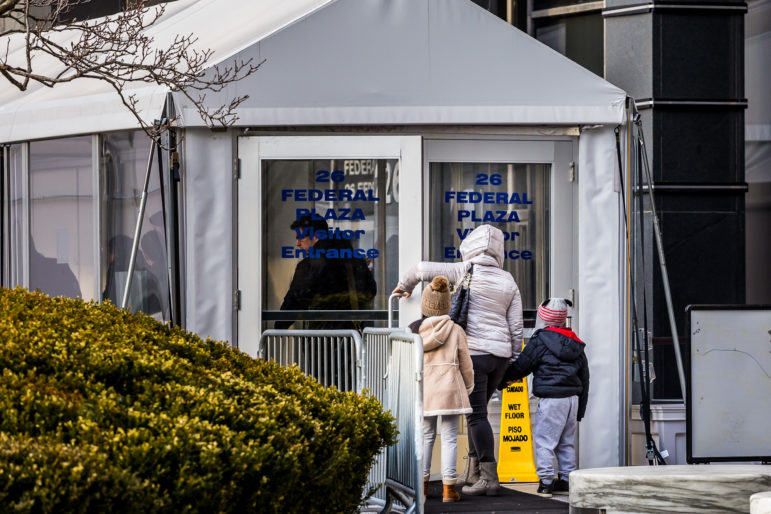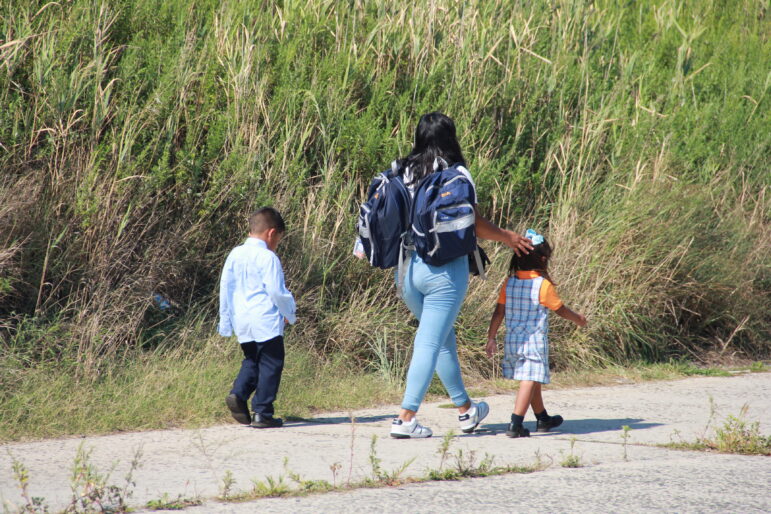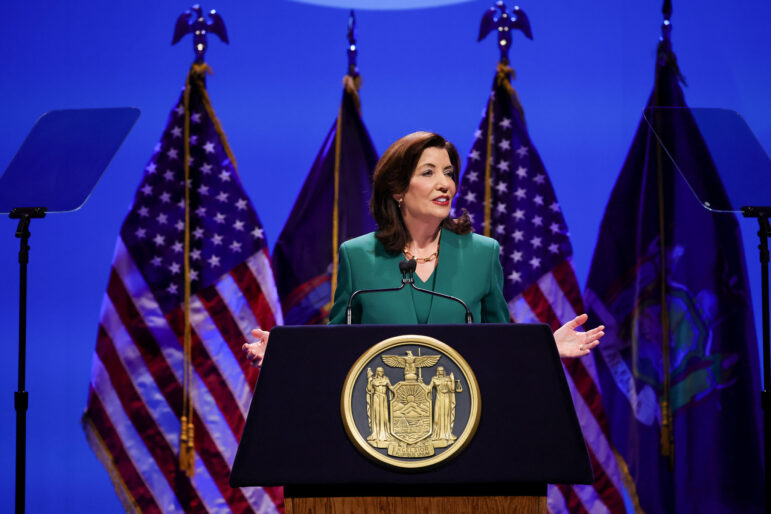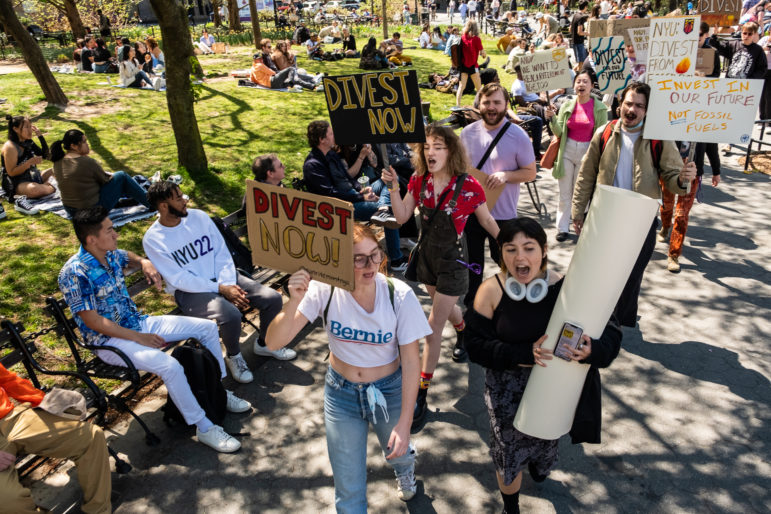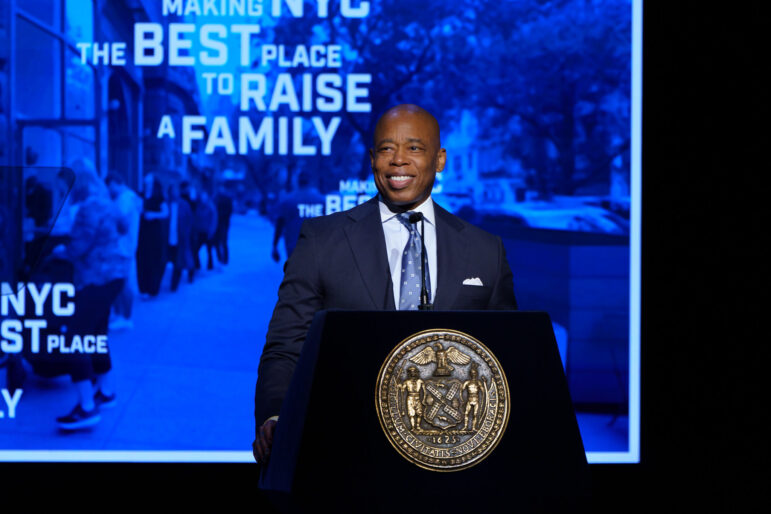Paul Whyte doesn’t have much privacy. But the soft-spoken 30-year-old with glasses, a boyish face and shy confidence doesn’t even flinch when teenagers and coworkers barge into his small office at an East Harlem family service agency. He barely registers his lack of alone time, particularly, he says, given how much his students have suffered in the last few months: first the fear and isolation most felt after the World Trade Center attack, and then, for one student, the loss of six relatives to the crash of Flight 587 in Queens.
Whyte’s days as a coordinator for the Supportive Children’s Advocacy Network’s program for high school students at risk of dropping out bustle with lengthy work hours, overnight college tours and home visits. “There’s a way about him when he’s working with kids, he diffuses the edge,” says Nick Mazzarella, the principal at Park East High School, where Whyte is an assistant math teacher and an outreach counselor.
With an accent that retains little evidence of his Gun Hill upbringing, Whyte says his students may think he’s a little square. But he’s focused on giving them the encouragement he wishes he’d had at their age. As a senior at Truman High School in the Bronx, Whyte told his guidance counselor he was applying to Ivy League schools. The counselor suggested he shoot for something lower. “I remember thinking, ‘I am the fourth-ranked student in the school. What are they saying to other people if they are telling me not to try?'” he says. Whyte ignored the counselor and received degrees from Yale and Harvard.
Now, for two-and-a-half years, he’s been offering 115 students tutoring, SAT prep, counseling, and intense general support. And their efforts work. Ninety percent of teens in SCAN’s programs go to college, compared with only 10 percent of all students at Park East. “He doesn’t see himself as a genius, just [proof that] given the opportunity, you can do well in life,” says SCAN executive director Lewis Zuchman. “For our kids, that’s validation.”


